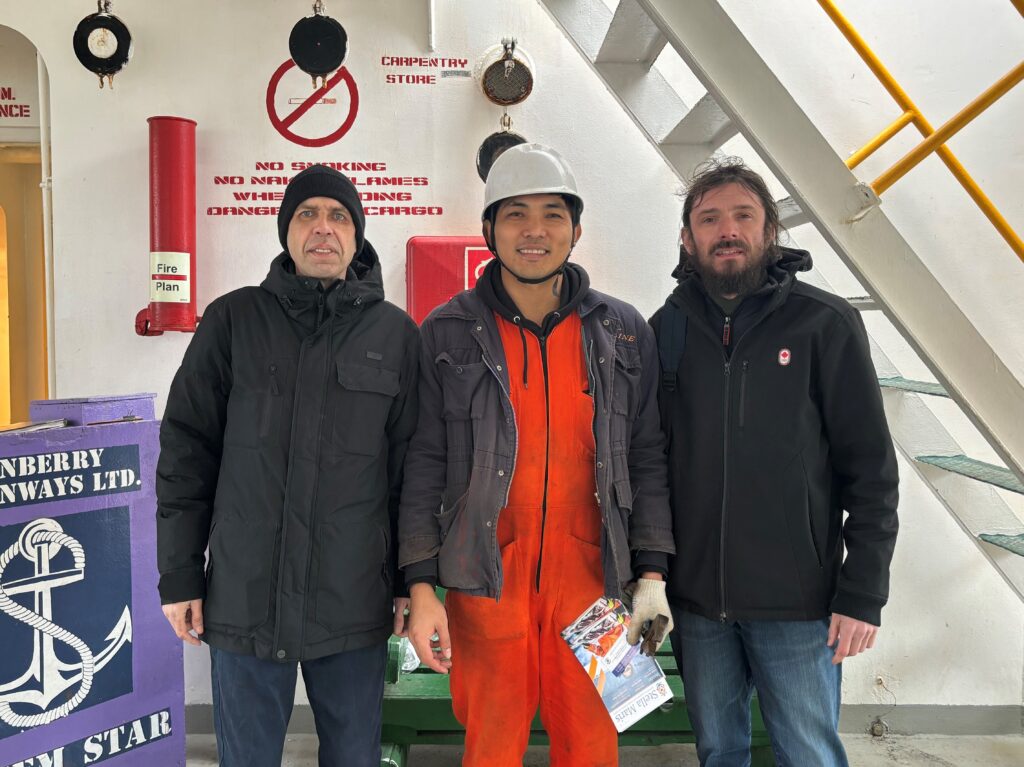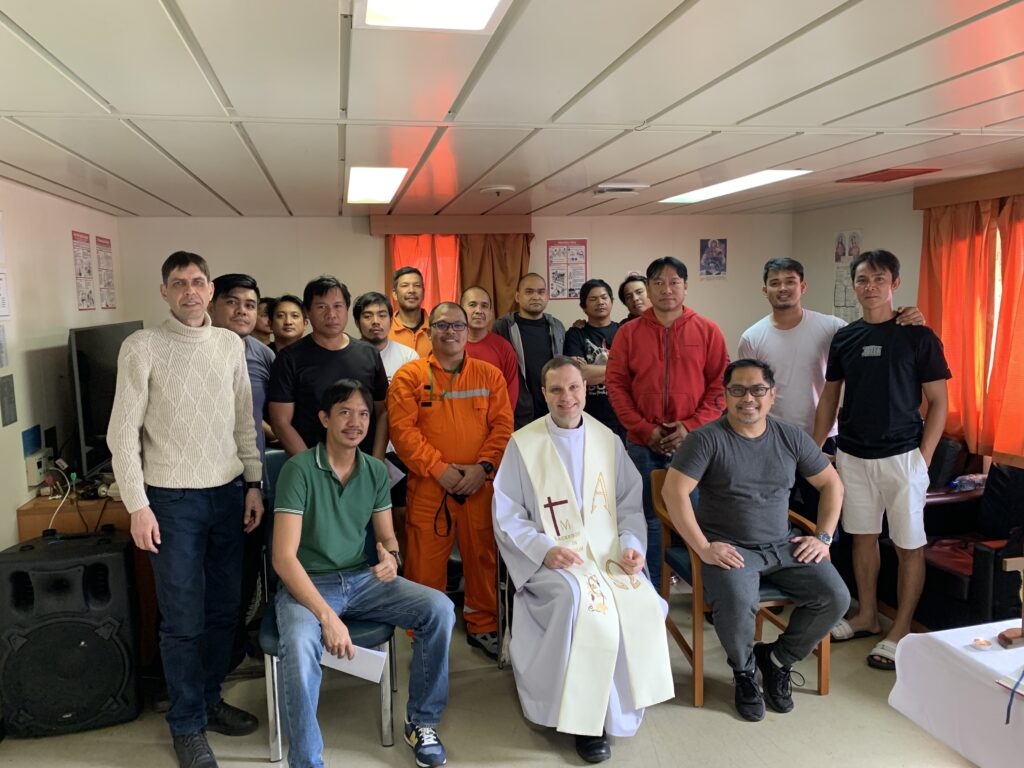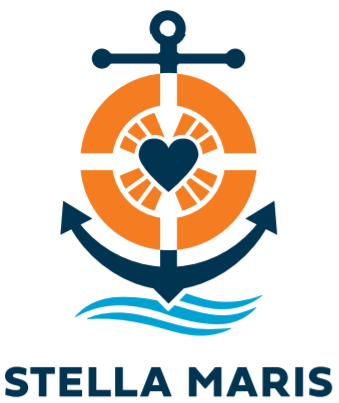Leading maritime charity Stella Maris is warning of the growing dangers facing crew members running the gauntlet of the world’s most perilous shipping route.
The seafarers are working on vessels travelling to Ukraine via the Red then the Black Sea, navigating Houthi and Russian military threats as they sail through two major conflict zones.
Stella Maris is one of the few seafarer charities with chaplains based in Ukraine, carrying out ship visits from the southern port city of Odesa. Here they work with seafarers on the frontline, witnessing the impact it is having on them.
The seafarers face the threat of Houthi missiles, drone attacks and raiding parties in the Red Sea. And once they enter the Black Sea the danger levels remain high, with the collapse of a ‘grain corridor ‘agreement in July 2023 heightening the tension.
Shortly after the collapse of the deal allowing Ukraine to ship grain, it was reported that the Russian military would regard any vessel bound for Ukraine to be a potential carrier of military cargo, in effect making it a legitimate target.
Houthis from Yemen resumed their attacks on shipping last week, firing missiles and drones. Since last November they have targeted more than 80 merchant ships.
Stella Maris also highlights that safe arrival in port offers little or no respite from jeopardy for seafarers.
Russian drone and missile attacks on the strategically vital Ukrainian port of Odesa occur regularly, with devastating consequences – claiming human casualties and destroying infrastructure.
The charity’s chaplains in the port report high levels of stress and anxiety among many of the seafarers on ships that dock there.
Stella Maris Odesa port chaplain Father Alexander Smerechynskyy, known as ‘Fr Alex’, and Rostyslav ‘Rostik’ Inzhestoikov, director of its local centre, make regular visits to ships that arrive in the port.

Here they hear first-hand the experiences of the international community of seafarers working on the vessels, drawn from countries ranging from Syria and Turkey to, Egypt and Indonesia.
With many shipowners not allowing crew members to go ashore during their time in port, for security reasons, these visits are proving increasingly important in countering feelings of isolation and loneliness among seafarers.
The ship visits resumed in January last year, after being banned at the start of the conflict for safety reasons. During that time, the Stella Maris team ensured the practical delivery of food parcels to seafarers trapped on ships in the Black Sea, as well as using social media for remote pastoral support.
Fr Alex says the resumed visits have a big role to play in supporting seafarers living and working in dangerous conditions. He explained: “One of the most important things we do is to listen, to show them they are not forgotten and that we are here for them, whatever their troubles or problems.
“Having someone independent from the ship to talk to in confidence can really help them.”
He added: “Some of the seafarers have travelled through the conflict area of the Red Sea, with its risks of attacks from Houthis, then have travelled onto the Black Sea with its own dangers, given there is no agreement on maritime safety.
“They have signed on knowing the risks and receive additional pay as a result, but there is no respite for them and that has an effect. Once here in Odesa they can witness the drone attacks on the port and the town at close hand.”
Rostik recalls talking to one seafarer shortly after they had witnessed one of those attacks close to where their ship was docked. He said: “When you look up and see a drone just a few hundreds of metres from a ship, or see an explosion close by, it is little wonder it adds to the stress and anxiety you are feeling.
“Not being able to go ashore can also have a negative impact on people’s mental health and wellbeing, especially after large periods of time at sea. It can be a very difficult time for them.”

It is not only visiting seafarers that are experiencing difficulties and who are in need of Stella Maris’ support.
The charity, which has had a base in Odesa for 20 years, is also hard at work helping and supporting local Ukrainian seafarers who are facing an increasingly difficult situation.
They are unable to join a ship and go to sea because of Ukraine’s wartime rules, which mean adult men cannot leave the country without receiving special permission.
Rostik said: “It means that they haven’t been able to work at sea for more than two years and many have found it extremely difficult to get a job onshore to support themselves and their families.
“It is not an easy situation to be in and it is taking its toll on people who are feeling increasingly powerless.”
The situation, coupled with the impact of more than two years of war on their community, has piled the pressure on those seafarers, leading to increasing stress levels and signs of loneliness and depression.
Fr Alex and Rostik continue to provide both spiritual and practical support to these seafarers and their families in what are desperate times.
They have run soup kitchens to provide much-needed meals. Through Stella Maris’ Centenary Emergency Fund, the charity has also provided grants to hundreds of needy Ukrainian seafarers and their families.
It has also set up a digital emergency mental health counselling service, which exists to provide relief for some of the increasing number of men, women and children suffering trauma and poor mental health because of the ongoing and relentless war.
* Story written by Polaris Media

